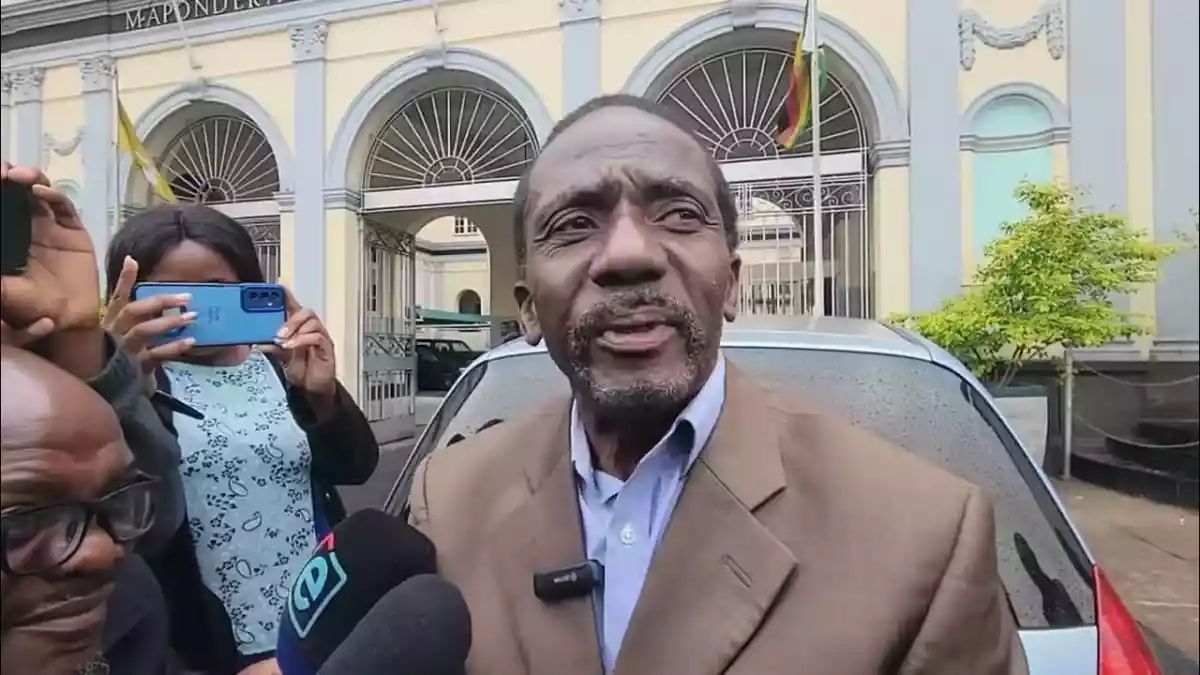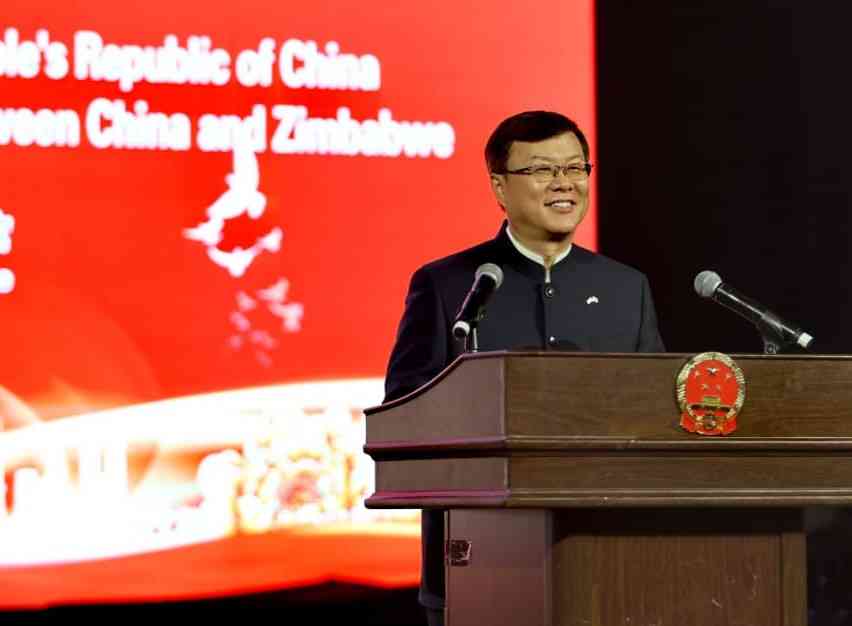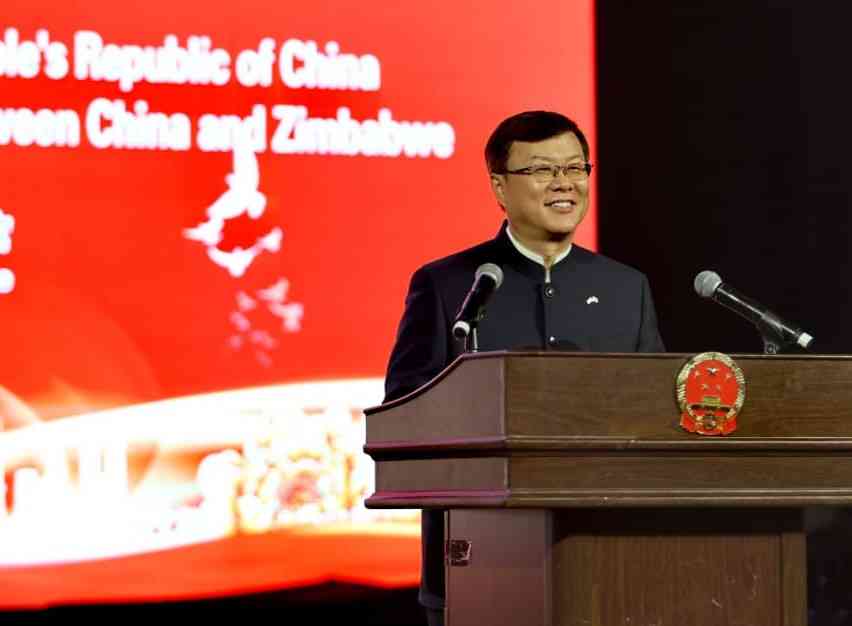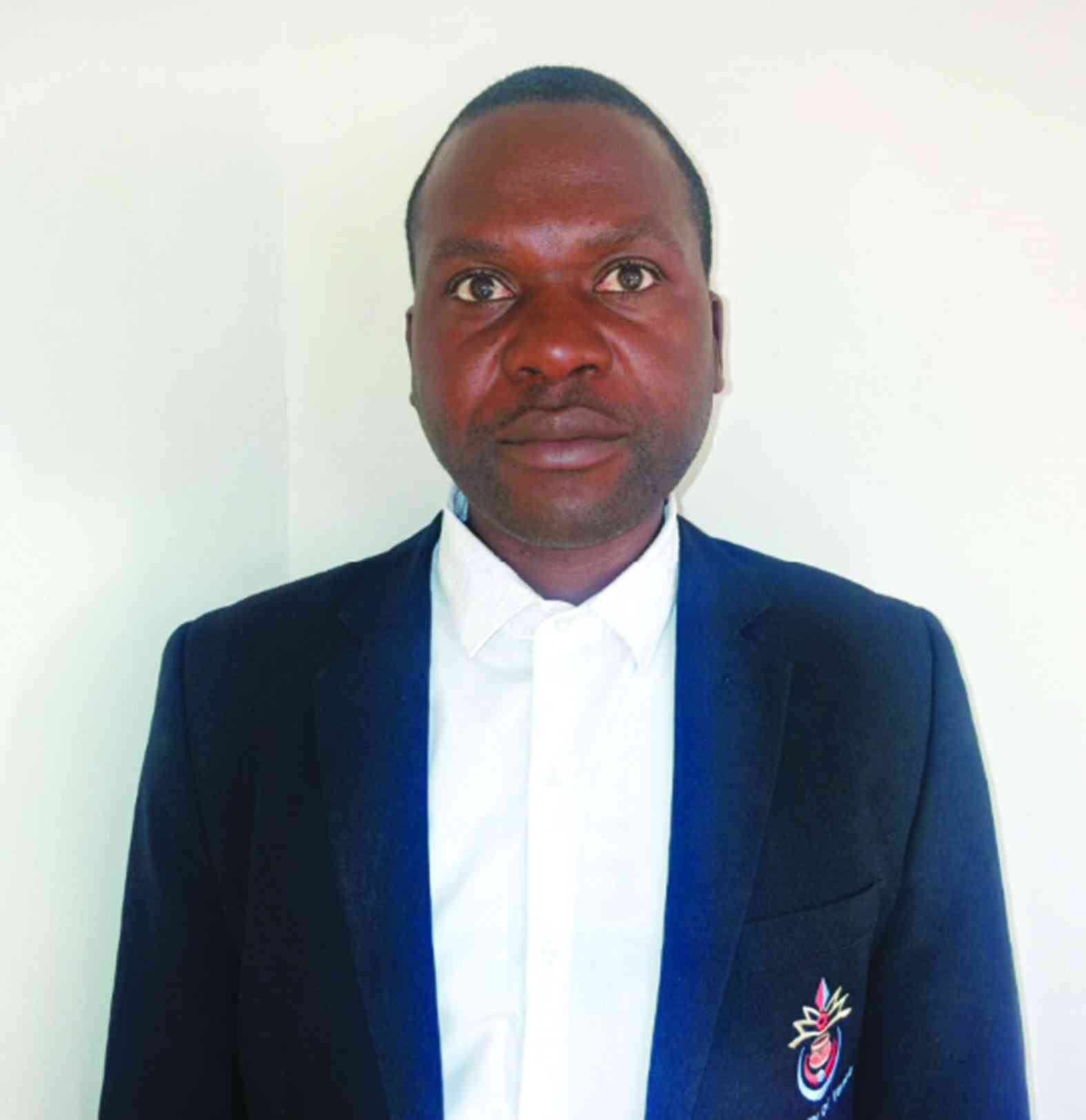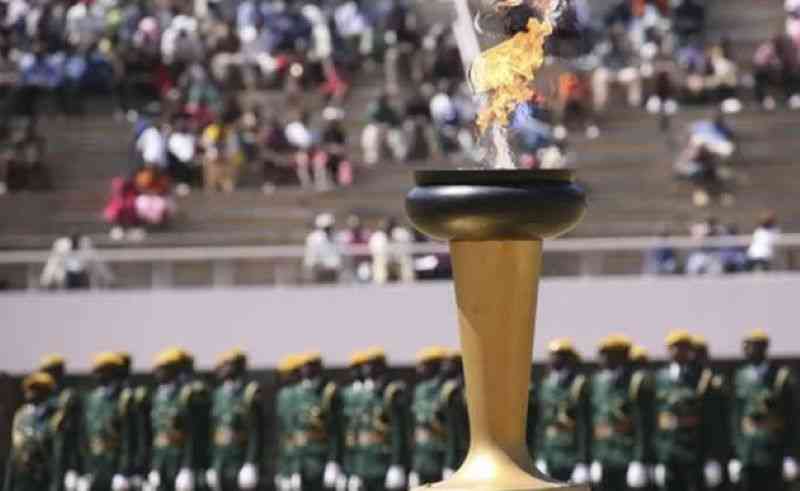
APRIL 18 is around the corner. It is a day for honouring the heroes who fought and died for our independence. When that is done we are then expected to hallow those who fought, survived the liberation struggle and came back to rule over us.
Forty-four years have passed, our parents who either fought or assisted the liberation fighters are dying, impoverished. As the harsh reality of what independence is and what it is not hits us with each cruel absurdity of our rulers, it is perhaps time to question the narrative of the war that has been fed to us. What was the liberation struggle? And those who fought in it, who were they?
The liberation struggle has been made to be this extraordinary event that should be hallowed. But history begs otherwise. All subjected people have throughout human existence risen up for their freedom.
This is especially so when the oppressors have been so cruel that bondage becomes a fate worse than death. In such circumstance even cowards will opt for the quick decisive death on the battlefield than the daily torture of an existence devoid of rights and decency. When a man is so oppressed in his own land he has nowhere to run to. No one race is unique in doing this. All the subjugated peoples regardless of race or clime have risen up.
In Africa there were wars of liberation all over the continent. So long as there are the oppressed, the process of liberation is all but inevitable. Therefore, that Zimbabweans went to war to liberate themselves is not extraordinary. Zanu PF neither conceived of nor midwifed this spirit that is why decades earlier Nehanda, Kaguvi and Mapondera rose up without a clearly defined political ideological or movement: just the desire to be free.
The liberation struggle was as inevitable as was its outcome. None of the personalities involved played a decisive part in it, none were indispensable to the outcome. It was not an era of giants among men. We as a nation must be careful about our history to make this distinction: let us honour the heroes but let us never ever worship them.
The colonialists themselves made the ultimate tragic mistake of not having a transitional strategy. They viewed minority rule being indefinite, Ian Smith’s one-thousand-year boast comes to mind. It was extremely naïve, delusional and arrogant of the colonialists to dream that they could subjugate a majority population without any concessions or regard to their rights. Perhaps their deeply ingrained racism led them to think that blacks were not humans and therefore would not do what other human beings in their situation would do: rise up for their freedom. They became victims of their own racist thinking, propaganda and prejudices. This determination to ride roughshod over the black natives simply because they had once upon a time conquered them with ease made the wars to end this rule inevitable. The black majority had no reason not to go to war, the only alternative was to continue to be ill-treated in their own land.
We must also consider the liberation struggle to be as much the offshoot of the geopolitical turbulence and subterfuge of the Cold War as our people’s desire for independence. All the post-World War II independence wars were also about the Eastern bloc countries contending for influence in regions they had hitherto been shut out of. In that respect these wars, so long as there was a Cold War were inevitable. The war, therefore, was never only about the people who started and fought in it.
Therefore, the liberation struggle in itself was not an extraordinary war. There has never been anything unique about the war or the people who fought in it. Zimbabweans merely rose up to do what other peoples had done since time immemorial. So if this war was not in any way extraordinary were the people who fought in it extraordinary? Was anything about the conduct and/or outcome of the war extraordinary? The answer has to be a cold hard NO.
The war proceeded along the mundane lines of these brush fire wars with a few large pitched battles otherwise it was a war of landmines, ambushes and the occasional gratuitous massacre of civilians by either side.
The outcome of the war has not been extraordinary either, the independent State of Zimbabwe has proceeded along the inglorious path of a newly liberated Third World country — political repression, corruption, grand theft of State resources and a general incompetence that makes reality read like parody.
The people who liberated us have not in any respect shown themselves to be extraordinary, they are just the typical African political malcontents of the 1950s and 60s who have found themselves in power.
This being the case our rulers have gone out of their way to cast themselves and their deeds in an extraordinary light in order to claim a perpetual stake in the country’s present and destiny. Zanu PF has spun a myth around the liberation struggle and its role in it. The ruling party ever Machiavellian has cast itself as being super ordinary and therefore entitled to claim inordinate rights to rule this country. This has been done in order to confer a false legitimacy on Zanu PF and a moral right not only to govern in perpetuity but to define the nation in every aspect.
The ruling party has also sought to achieve this effect by monopolising the spiritual aspect of the struggle by inextricably linking independence to spirit mediums and the latter to itself. Thus it has arrogated to itself all possible sources of political legitimacy and right to rule. In the process Zanu PF has assumed the right to recast morality on itself. That is why Zanu PF and its government can attack, torture and kill opposition supporters, refuse to lose an election, corrupt every institution of the State.
Because Zanu PF is the party of national liberation it can do all these things quite ”legitimately”. Take for example the murder of opposition supporters as happened in 2008. Ordinary Zimbabweans are generally leery of killing because of a deeply held fear of the wrath of avenging spirits but when this is to be done at the behest of the ruling party they become bloody-minded. Even the ancestral spirits, the guardians of all seem to accede to Zanu PF and are quite satisfied with the occasional murder of opposition supporters.
Having thus monopolised and manipulated all sources of political legitimacy Zanu PF has gone on to define belonging to an opposition party as being a moral wrong. This is deemed as an act so reprehensible that it disqualifies one from humanity. An opposition supporter is considered to be a traitor and the act of voting for the opposition a treasonous. Therefore, any such deserves of no human consideration, mercy or compunction.
In order to achieve this socio-political effect Zanu PF has not only monopolised the liberation struggle but heroism also. At present Zimbabwe does not have heroes outside of the liberation struggle. There is no mention, much less celebration, of the heroism of our soldiers in the Mozambican, the Democratic Republic of Congo and quite possibly Angolan campaigns. Any such effort would destroy the false equivalence that exists between heroism and a divine right to rule Zimbabwe in perpetuity. Generally national heroes are Zanu PF or leaning thereto.
We Zimbabweans know absolutely nothing about liberation war heroes who did not achieve high political office in post-independence Zimbabwe. In other words, the ruling Zanu PF clique is saying it and it alone, brought us independence therefore it has earned the right to rule for as long as it wants and however it is. It has earned in its minority the right to rule over us.
Cast in this light the liberation struggle was in effect a reverse conquest of the people of Zimbabwe by a clique of their own people. Our rulers deem that they are where there are by right of their own effort, valour and sacrifice. This is the narrative that has been spun out of the carefully controlled history of the liberation struggle and the coming choreographies of April 18, 2024. That is why certain thugs in the ruling circles often crow — chinhu ichi chine vene vacho. Zimbabwe, its present and future, its peoples and wealth are just the rightful spoils of conquest to be enjoyed by vene.
The greatest worry, however, is that our rulers have caught themselves up in their own myth and at some level they really do believe they are demigods. This is the same distorted perceptual logic that doomed minority rule. They believe now that they can do what no other clique has done in history: oppress, torture and rob the majority population indefinitely. If Zanu PF fails to recognise and accept its own mundanity and work out a transitional plan, then it cannot end well for Zimbabwe. So instead of April 18 being another day of delusional fantasies about a thousand-year Zanu PF hegemony our rulers should read into the occasion a sensible warning: the oppressed will have their day of independence.
- Artwell Dzobo is a Policy Analyst. He writes here in his personal capacity.

